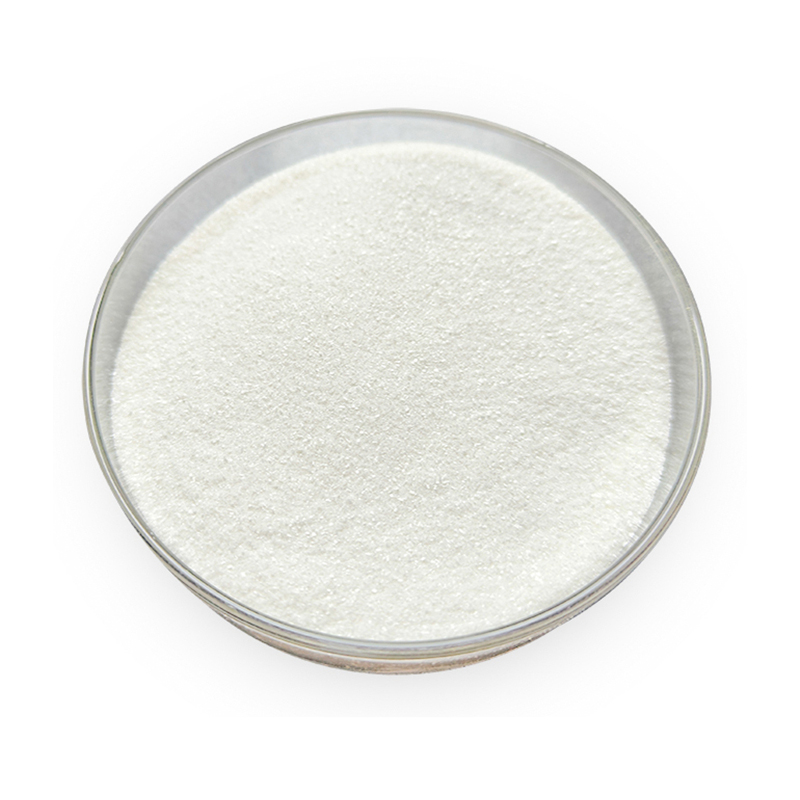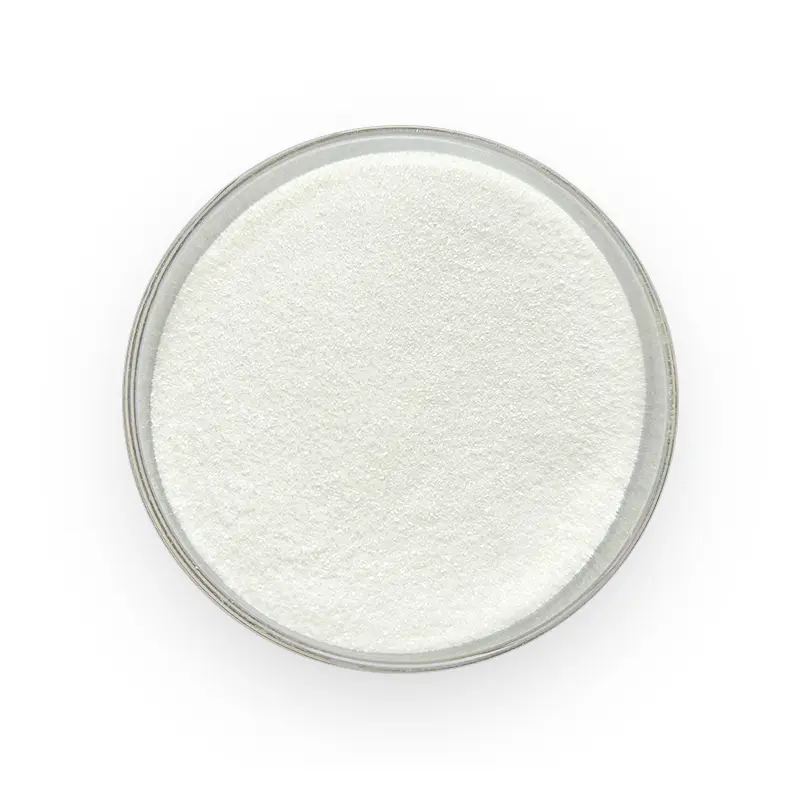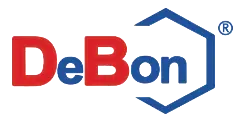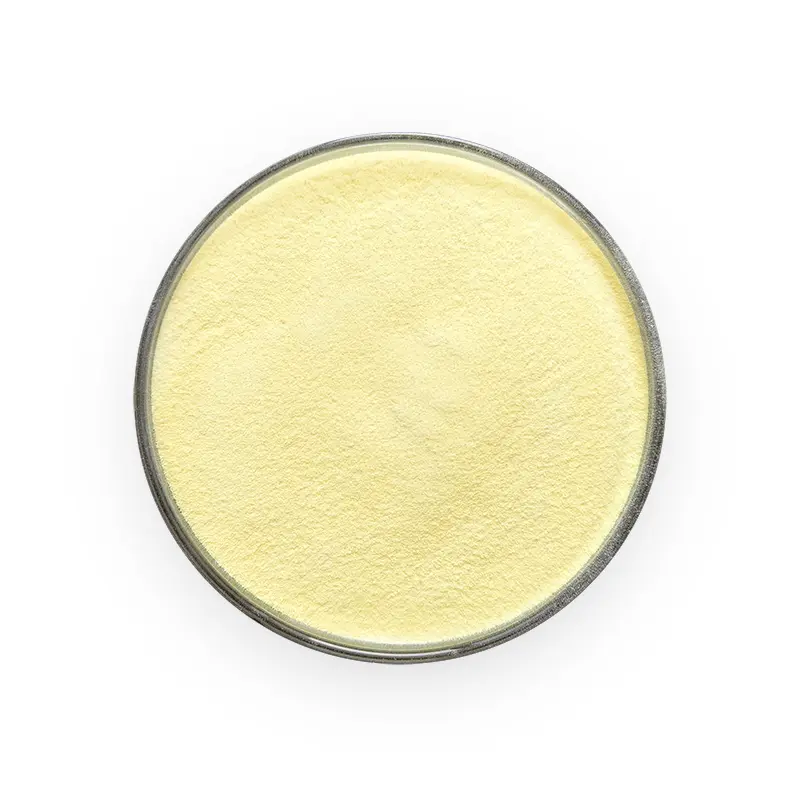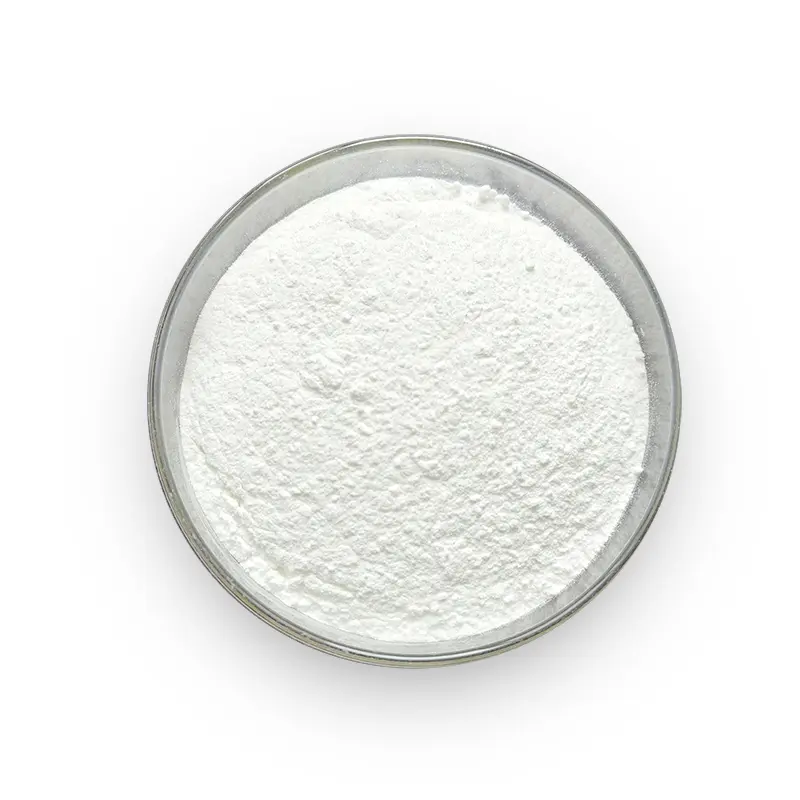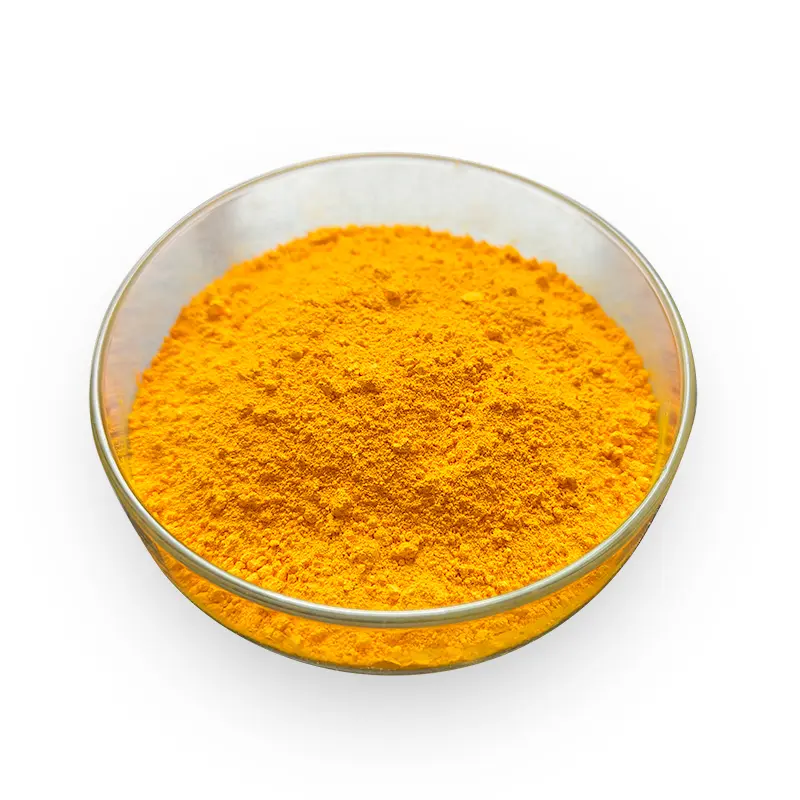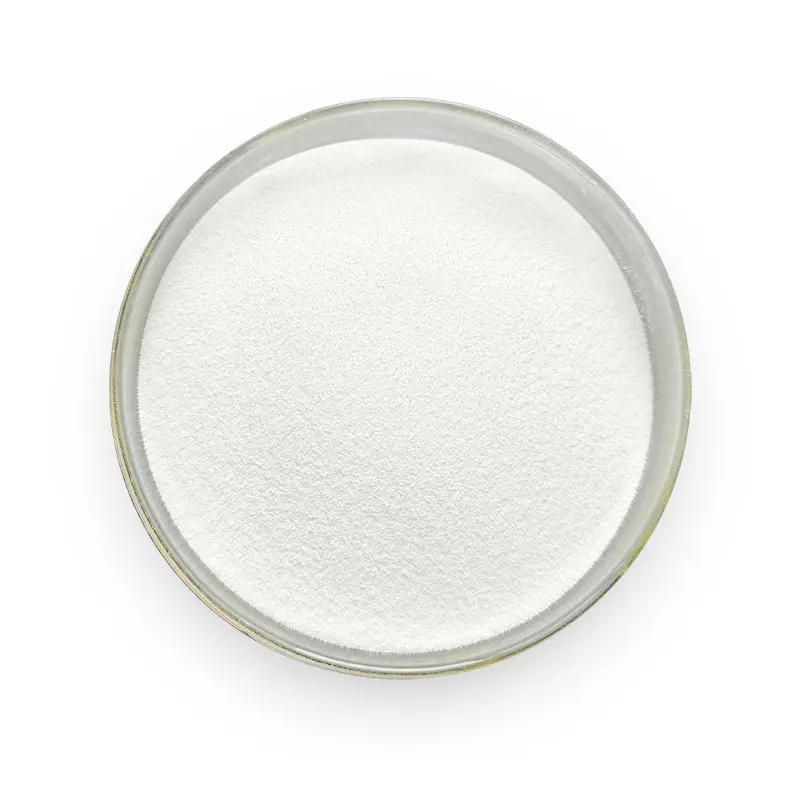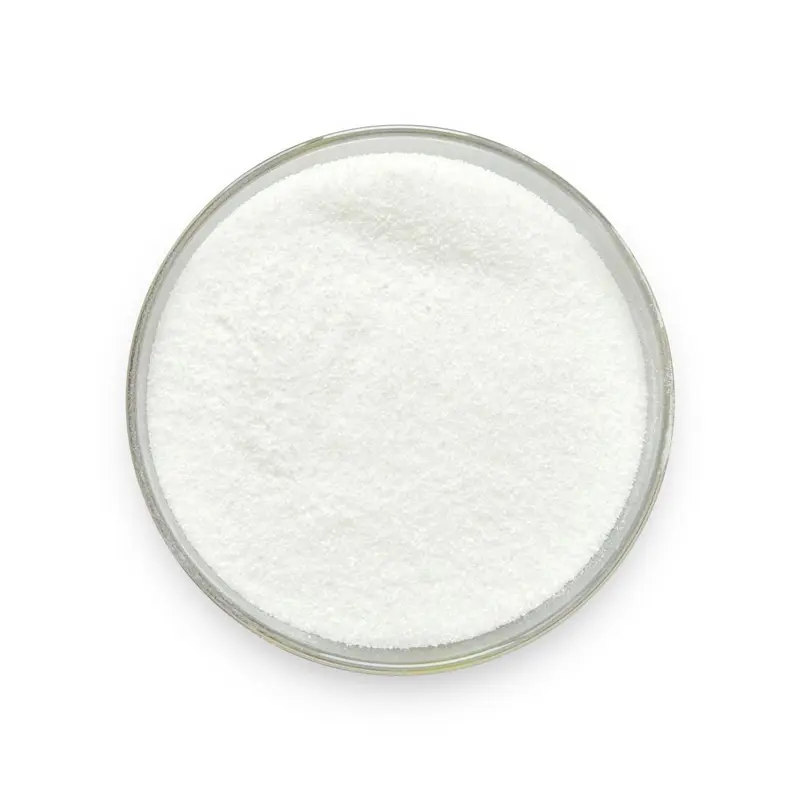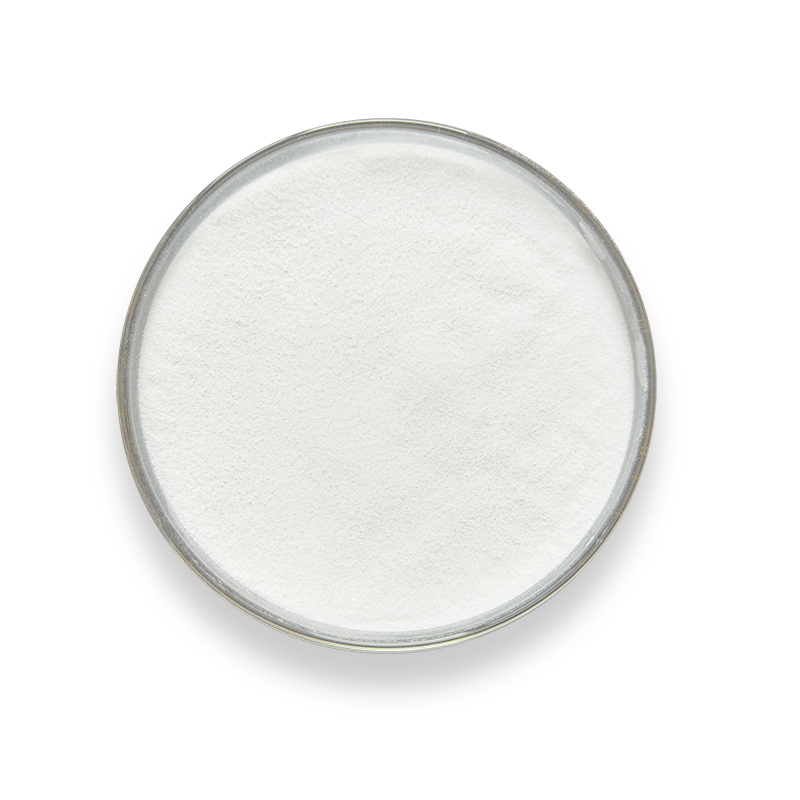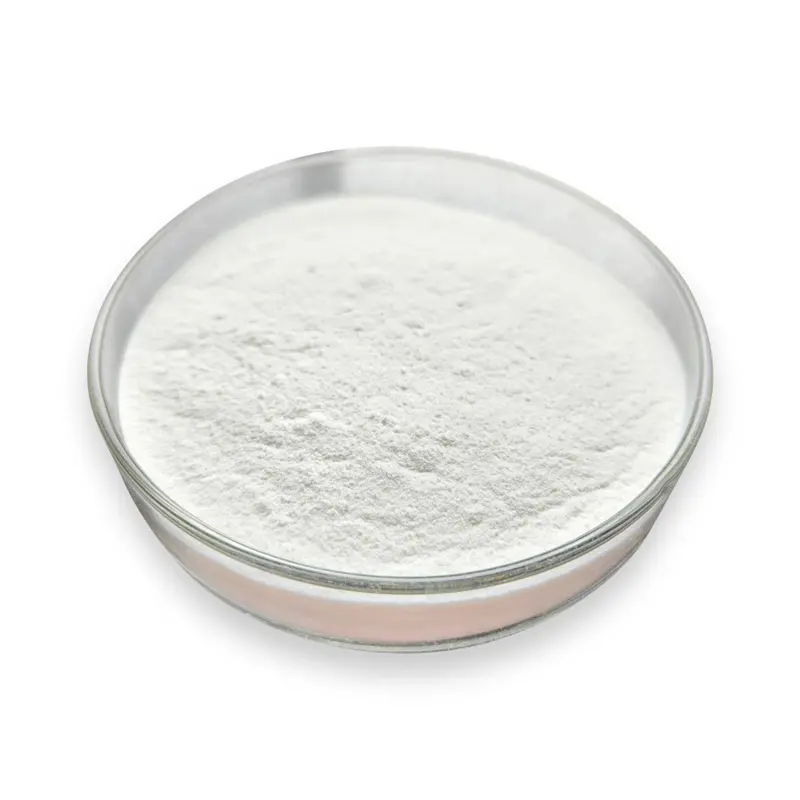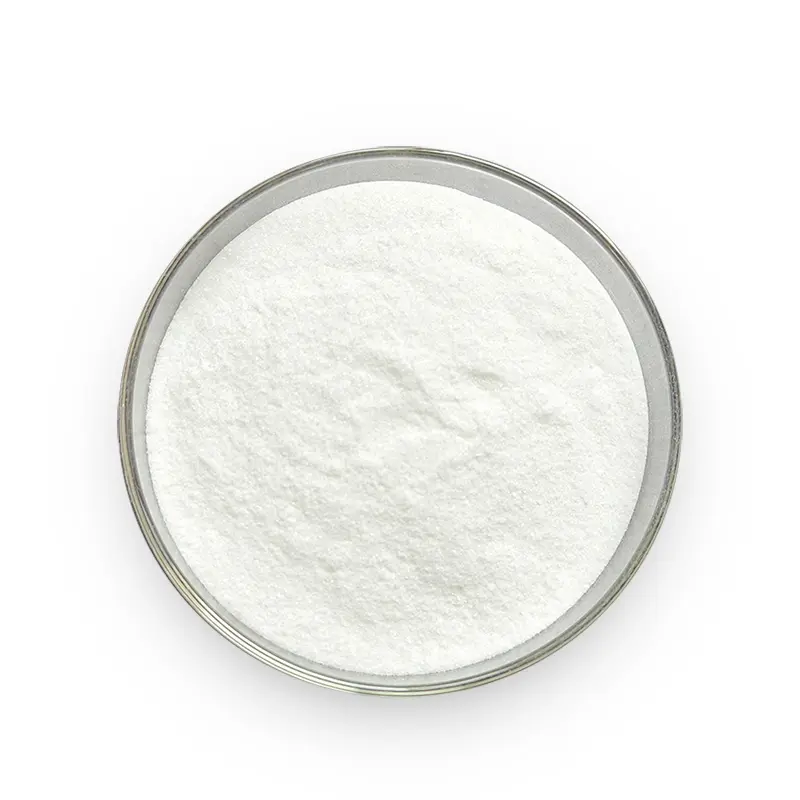DeBon Advanced Stabilized Vitamin K3 (Menadione Sodium Bisulfite) Feed Additive
Product Specifications
| Product Name | Vitamin K3 (Menadione Sodium Bisulfite) |
| Active Ingredient | Menadione Sodium Bisulfite (as Menadione) ≥50.0% |
| Appearance | White to light yellow crystalline powder, odorless |
| Moisture | ≤13.0% |
| Heavy Metals |
Lead (Pb): ≤20 mg/kg
Arsenic (As): ≤2.0 mg/kg |
| Chromium (Cr) | ≤50 mg/kg |
| Free Sodium Bisulfite (NaHSO₃) | ≤5.0% |
| Compliance Standards | Q/MF04-2023 |
Functions
Vitamin K3 (Menadione Sodium Bisulfite) is essential for:
Blood Clotting: Activates proteins necessary for proper coagulation.
Bone Health: Supports calcium metabolism and skeletal development.
Liver Function: Aids in the synthesis of clotting factors and other vital proteins.
Growth Performance: Enhances nutrient utilization and overall animal productivity.
Storage & packing
Storage Conditions
Store in a cool, dry, contamination-free environment at temperatures below 25°C.
Protect from light, moisture, and direct heat.
Note: Use promptly after opening to prevent degradation.
Packaging
Net Weight: 25 kg/bag
Shelf Life: 24 months
Usage & Dosage
Application: Uniformly mix into compound feed or premixes.
Recommended Dosage:
General Use: 3–8 mg per kg of feed.
Adjust dosage according to specific formula requirements or veterinary advice.
Note: Ensure thorough mixing to achieve uniform distribution.
Additional Notes
Precautions: Avoid contact with incompatible substances; follow safety guidelines during handling.
FAQs
1.What is the primary role of Vitamin K3 in animal nutrition?
Vitamin K3 (Menadione Sodium Bisulfite) is essential for blood clotting, bone metabolism, and energy production in livestock. It prevents hemorrhagic disorders in poultry, supports cartilage development in swine, and enhances feed efficiency in ruminants by optimizing calcium utilization.
2.How stable is Menadione Sodium Bisulfite under feed processing conditions?
Heat Stability: Retains 90% activity after pelleting at 80°C for 2 minutes.
pH Sensitivity: Stable in pH 4–7. Degrades rapidly in alkaline conditions (pH >8) – add citric acid (0.2–0.5%) to premixes.
Light Sensitivity: Store in opaque packaging to prevent photodegradation.
3.Can it be mixed with minerals, antibiotics, or antioxidants?
Compatible:
Vitamin C (encapsulated) – synergistic antioxidant protection.
Calcium carbonate (pH <7) – no interaction in acidic premixes.
Incompatible:
High-dose iron (>500 ppm) – redox reaction reduces bioavailability.
Sulfa drugs (e.g., sulfadimethoxine) – inhibits vitamin K-dependent enzymes.
Compatibility
Compatible With:
| Category | Examples | Best Practice |
| Vitamins | Vitamin C (coated), Vitamin E | Add K3 after fat-soluble vitamins |
| Minerals | Zinc oxide, Copper proteinate | No redox interaction at pH 5–7 |
| Acidifiers | Fumaric acid, Lactic acid | Stabilizes in acidic premixes (pH 4–6) |
| Binders | Lignin sulfonate | No adverse interactions observed |
Incompatible With:
| Substance | Risk | Mitigation Strategy |
| Choline chloride (>60%) | Hygroscopic clumping | Premix with dry carriers (e.g., rice hulls) |
| Sodium bicarbonate (pH >8) | Alkaline degradation | Pre-acidify premix to pH <7 |
| Amprolium (coccidiostat) | Reduces absorption | Administer 4 hours apart from feed |
| Ethanol (liquid feed) | Solubility conflict | Use dry premix only |
product details
